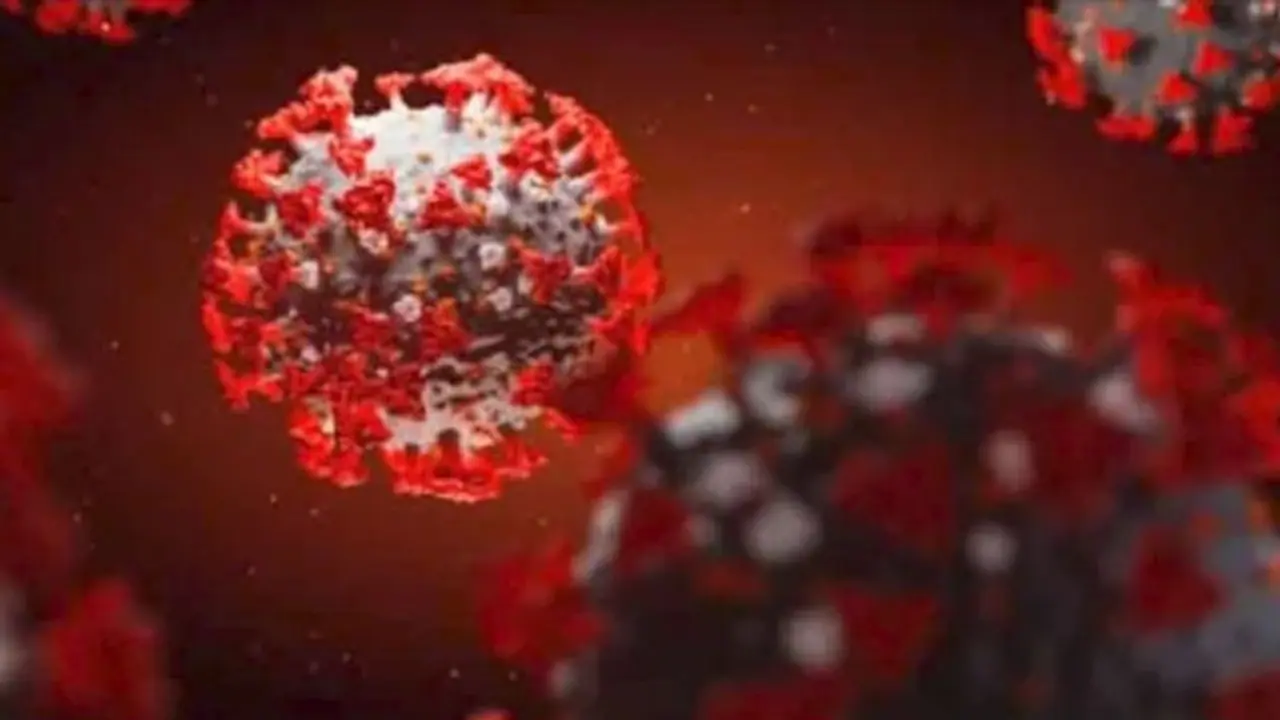A community radio in Haryana is helping kill misinformation about covid, thereby making rapid efforts in empowering villagers get the right information
Bengaluru: It is heartening to note that villages in India are shedding all inhibitions to come forward and spread the right message.
It could be how villages are following the covid protocols meticulously or how villagers are taking vaccines sincerely.
Now as we praise the villages, reports are coming in that a few villages in Haryana are going all out to kill myths about covid.
As reported by NDTV, a radio station - Radio Mewat - is working hard to quell misinformation.
This radio channel is heard by at least 7 lakh people or 180 villages in Haryana's Nuh district every morning, according to Sohrab Khan, the station manager at the radio station.
"From the beginning, we have always worked on educating the people. People have understood that there is misinformation being spread. Now they listen to our radio show and call us to verify news from us. At radio Mewat we are also helping people get vaccinated since they are not educated enough to register," the website quotes him as saying.
It has also played a crucial role in helping people get vaccinated.
"Earlier we were very scared to get vaccinated, we hesitated. Then we heard on the radio that it is safe to get vaccinated. Some people used to say that you will die within eight days if you take the vaccine. I thought if I die then what will happen to my only son? Now I am vaccinated and even families around me have taken the vaccine thanks to the radio programmes," Bhajan Dev, a resident of the village, was quoted as saying.
"As a woman myself, I am happy I can help other women and children through my programme and give them the correct information. We give the right information daily on broadcast by taking expert opinion," Sakuna, a radio reporter at the station, told NDTV.
What is also pertinent to note here is that the radio speaks to the people in the language they understand.
Mohammed Imran, another radio reporter at the station, says: "I conduct shows on women and children. As you know, women are less educated in this area. 'Radio Mewat' speaks to them in their language, that is, in 'Mewati'. We even invite medical officers and officials to give their expert opinions".
